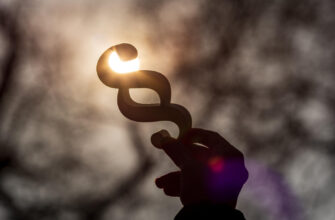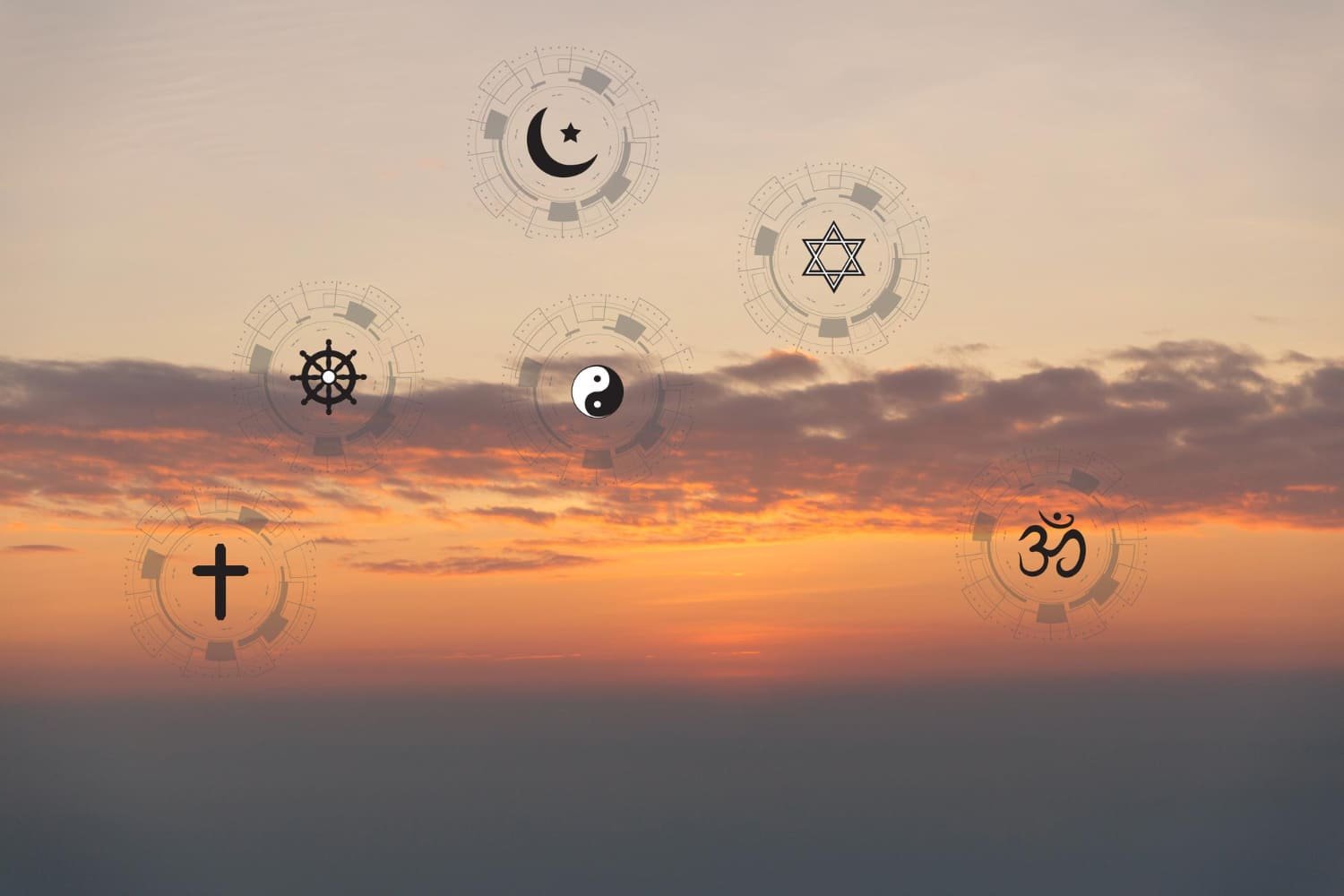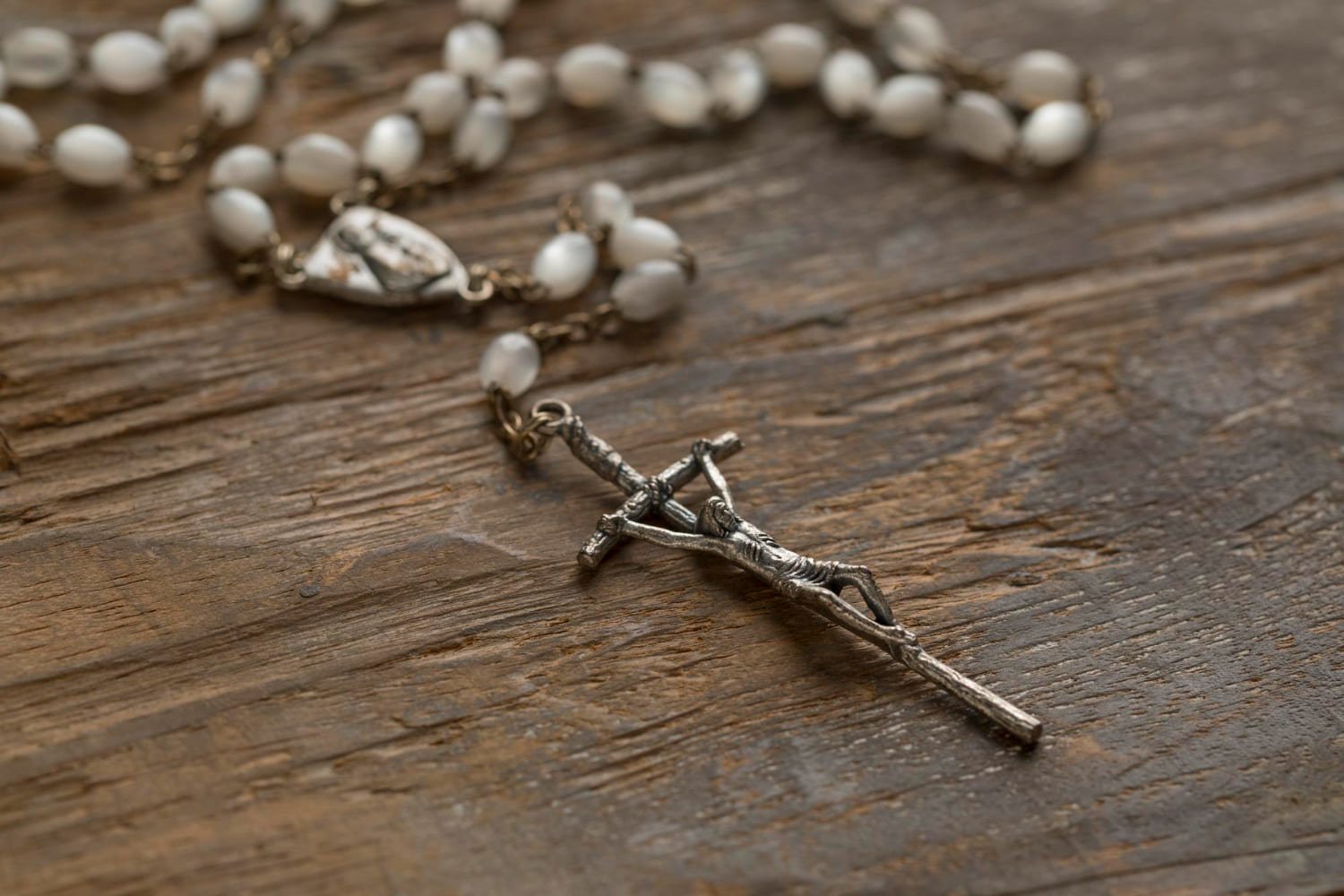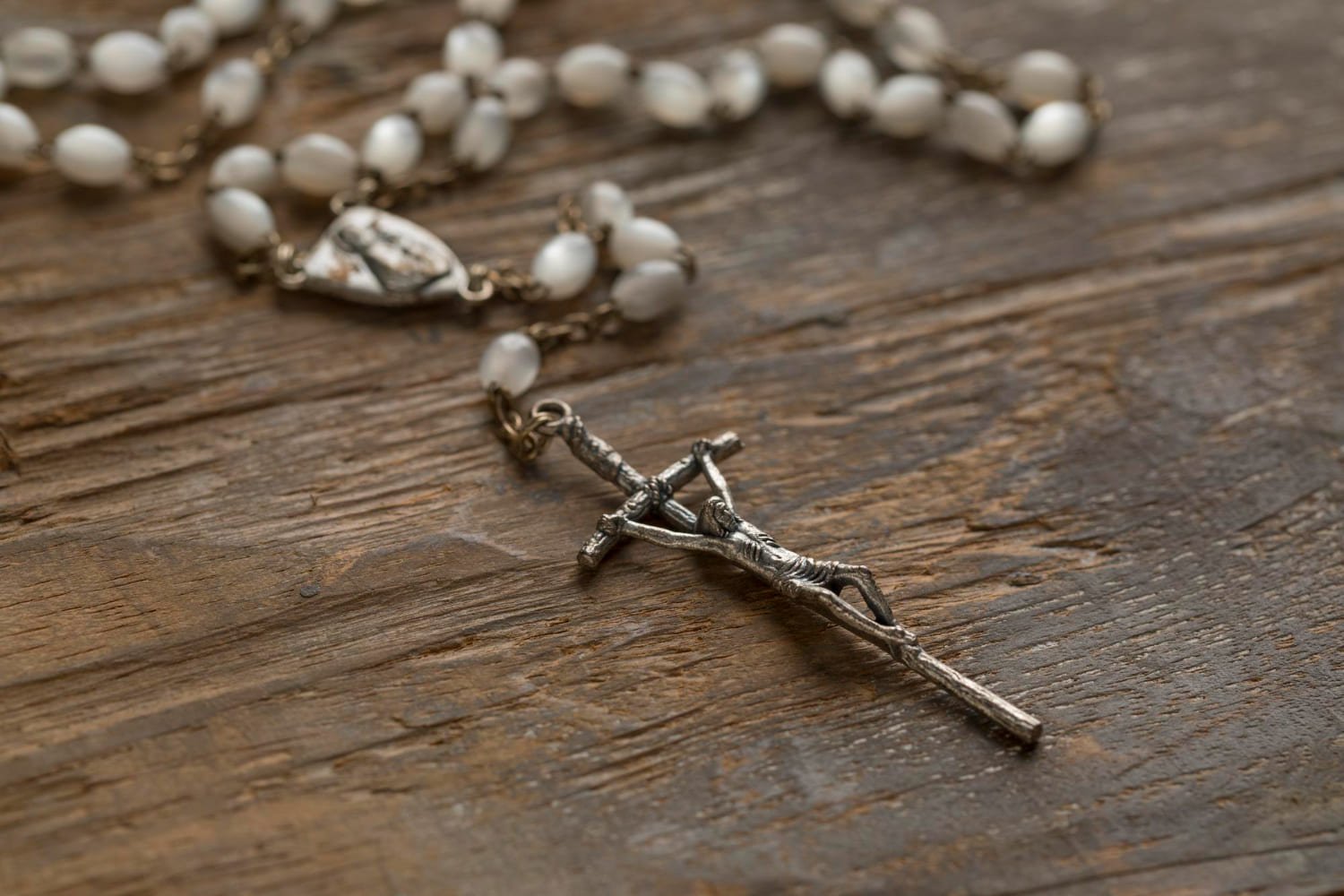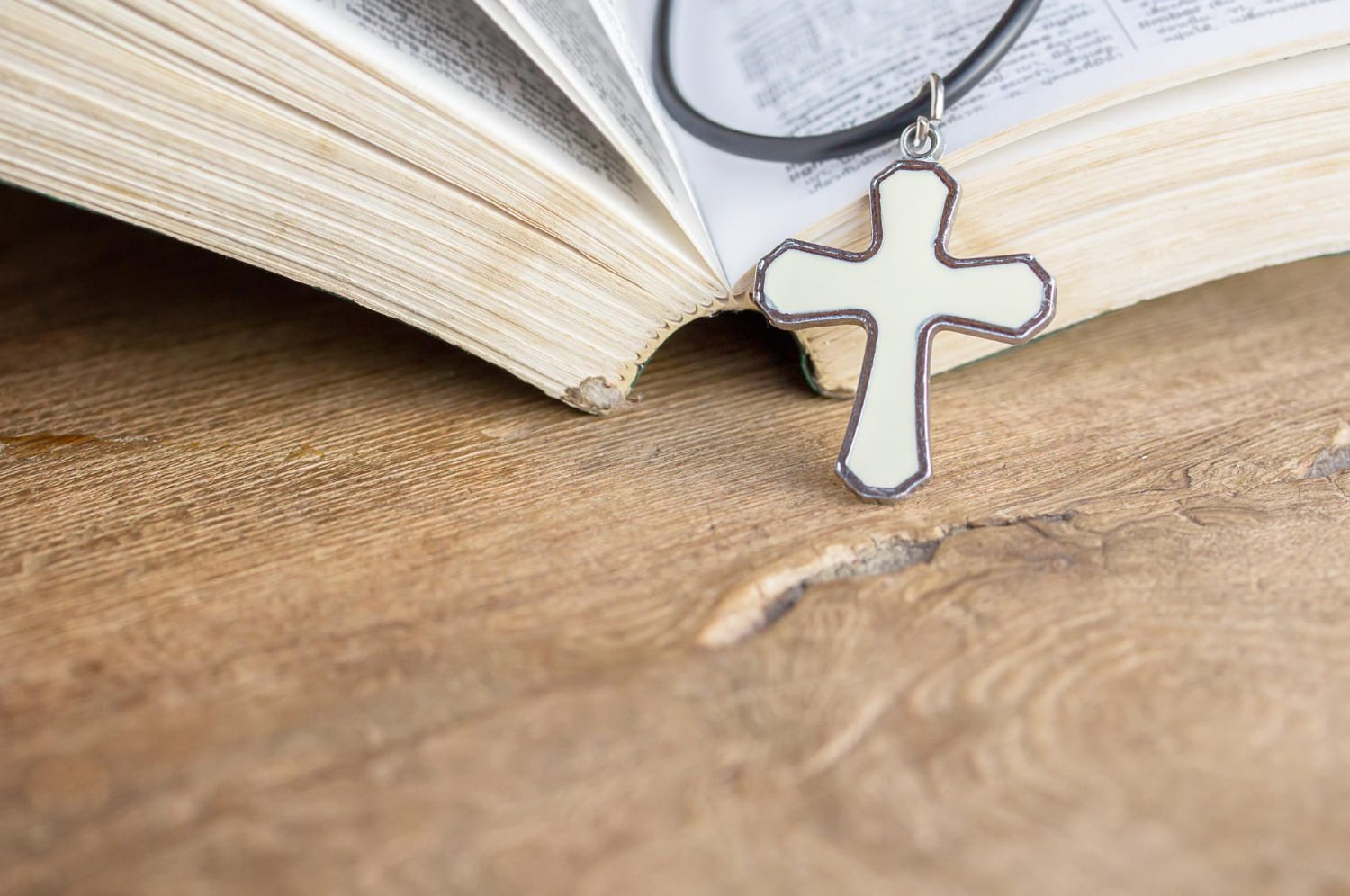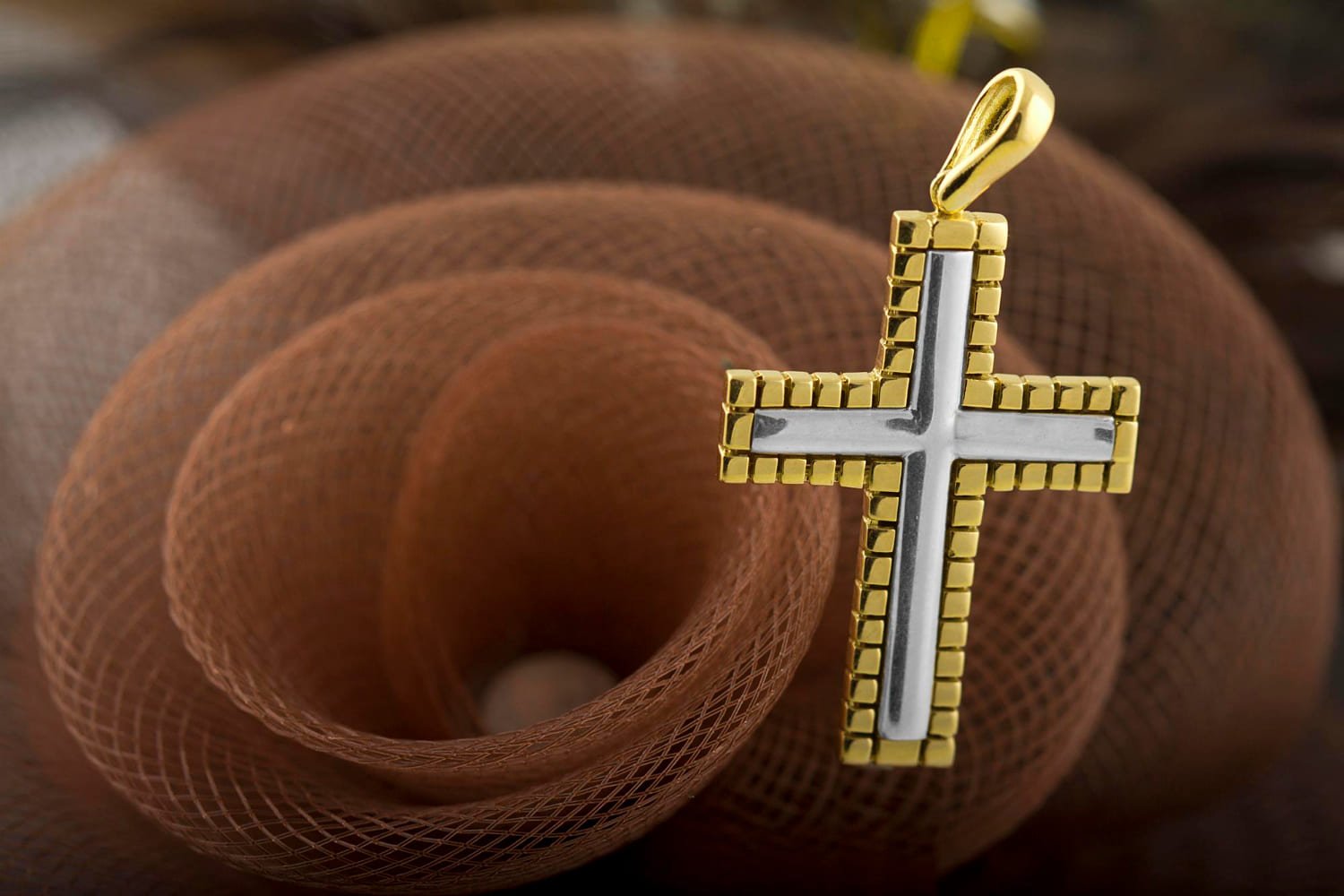Catholicism and atheism are two of the most prominent belief systems in the world today. While Catholicism is a form of Christianity that has been around for centuries, atheism is a more recent phenomenon that has gained popularity in recent years.
Both belief systems have their own unique sets of beliefs, values, and practices that set them apart from each other.
At their core, Catholicism and atheism are fundamentally different. Catholicism is built on the belief in God and the teachings of the Bible, while atheism rejects the existence of a higher power and instead places emphasis on science and reason.
These fundamental differences have led to a great deal of debate and discussion about which belief system is better, and which one people should follow.
While some people believe that Catholicism is the superior belief system due to its long history and emphasis on morality and spirituality, others argue that atheism is the better choice because it is based on reason and evidence rather than blind faith.
Ultimately, the decision of which belief system to follow is a personal one that each individual must make for themselves based on their own values, beliefs, and experiences.
Beliefs and Practices of Catholics
Catholicism is a monotheistic religion that believes in one God, who is the creator of everything on earth. Catholics believe in the Holy Trinity, which is composed of God the Father, God the Son (Jesus Christ), and God the Holy Spirit.
They believe that Jesus Christ is the Son of God and that he died on the cross to save humanity from sin.
One of the most important aspects of Catholicism is the sacraments. These are considered to be sacred rituals that are essential for salvation.
There are seven sacraments, including baptism, confirmation, the Eucharist, penance, anointing of the sick, holy orders, and marriage. Catholics believe that these sacraments were instituted by Jesus Christ and that they confer God’s grace.
The Catholic Church is hierarchical in structure, with the Pope as the head of the Church. Catholics believe that the Pope is the successor of Saint Peter, who was appointed by Jesus to be the leader of the Church. The Pope is considered to be infallible when he speaks ex cathedra (from the chair of Saint Peter) on matters of faith and morals.
Catholics also believe in the existence of heaven, hell, and purgatory. They believe that when a person dies, their soul goes to one of these places depending on how they lived their life. Catholics also believe in the resurrection of the body, which means that after death, the body will be reunited with the soul.
Beliefs and Practices of Atheists
Atheism is defined as the lack of belief in a god or gods. As such, atheists do not follow any religious texts or practices. Instead, they rely on science, reason, and evidence to understand the world around them. Atheists do not believe in an afterlife or any supernatural beings or forces.
Many atheists also reject the idea of organized religion, viewing it as a source of conflict and division rather than a force for good. They may also criticize religious institutions for their history of oppression and discrimination against marginalized groups.
Despite the lack of religious beliefs, atheists still hold moral values and principles. Many atheists believe in the importance of humanism, which emphasizes the value and agency of human beings. They may also prioritize the principles of empathy, compassion, and social justice.
Some atheists may also engage in secular communities and organizations that provide support and a sense of belonging. These communities may focus on promoting science education, combating discrimination, or providing resources for those who have left religion.
Overall, atheism is a diverse and varied belief system that encompasses a wide range of beliefs and practices. While atheists do not follow any religious texts or practices, they still hold moral values and principles and may engage in secular communities and organizations.
Comparison of Catholicism and Atheism
Catholicism and atheism are two vastly different belief systems that have been the subject of many debates and discussions.
While Catholicism is a religion that believes in the existence of a higher power and the teachings of the Bible, atheism is the absence of belief in any gods or deities.
Here are some of the key differences between Catholicism and atheism:
- Catholicism believes in the existence of God, while atheism does not.
- Catholicism has a set of beliefs and practices that are based on the teachings of the Bible and the Catholic Church, while atheism does not have any specific beliefs or practices.
- Catholicism has a hierarchical structure with the Pope at the top, while atheism does not have any such structure.
- Catholicism places a strong emphasis on morality and the importance of living a virtuous life, while atheism does not have any specific moral code.
- Catholicism believes in the existence of an afterlife and the concept of heaven and hell, while atheism does not.
Despite these differences, there are also some similarities between Catholicism and atheism. Both belief systems value reason and critical thinking, and both encourage individuals to seek knowledge and understanding.
Another important point of comparison is the role of science in both belief systems. While Catholicism believes in the existence of a higher power, it also recognizes the importance of scientific inquiry and discovery.
In fact, many Catholic scientists have made significant contributions to the field of science. On the other hand, atheism places a strong emphasis on the scientific method and relies on empirical evidence to support its beliefs.
Overall, the differences between Catholicism and atheism are significant and reflect fundamentally different ways of understanding the world. While Catholicism provides a framework for understanding the universe and our place in it, atheism relies on reason and empirical evidence to guide its beliefs.
The Debate on Which One is Better
There has been a long-standing debate between Catholics and atheists on which one is better. While both sides have their own beliefs and values, it is important to note that this debate is subjective and varies from person to person.
Those who argue that Catholicism is better often cite the sense of community and tradition that comes with being a part of the Catholic Church. They believe that the teachings of the Church provide a moral compass for individuals, and that the sacraments offer a way to connect with God and receive his grace.
On the other hand, atheists argue that their lack of belief in a higher power allows them to live a more rational and logical life. They believe that they are not bound by the restrictions of religious dogma and are free to make their own choices based on reason and evidence.
It is important to note that both sides have their own flaws and shortcomings. While the Catholic Church has a rich history and tradition, it has also been plagued by scandals and controversy. Atheism, on the other hand, can sometimes lead to a sense of nihilism and lack of purpose.
Ultimately, the decision on which one is better comes down to personal beliefs and values. It is up to each individual to decide what path they want to take and what they believe is best for them.
Conclusion
When it comes to the debate between Catholicism and atheism, there is no clear winner. Both belief systems have their own unique perspectives and values, and it ultimately comes down to personal choice and individual experiences.
For those who value faith, tradition, and community, Catholicism may be the better choice. The Catholic Church offers a sense of belonging and purpose, as well as a moral framework for navigating life’s challenges.
However, for those who prioritize reason, skepticism, and scientific inquiry, atheism may be the more appealing option. Atheists reject supernatural beliefs and instead rely on evidence and logic to make sense of the world.
Ultimately, the decision between Catholicism and atheism is a deeply personal one that should be made after careful consideration of one’s own beliefs, values, and experiences.
It’s important to remember that both belief systems have their own strengths and weaknesses, and that there is no one-size-fits-all answer to the question of which one is better.
